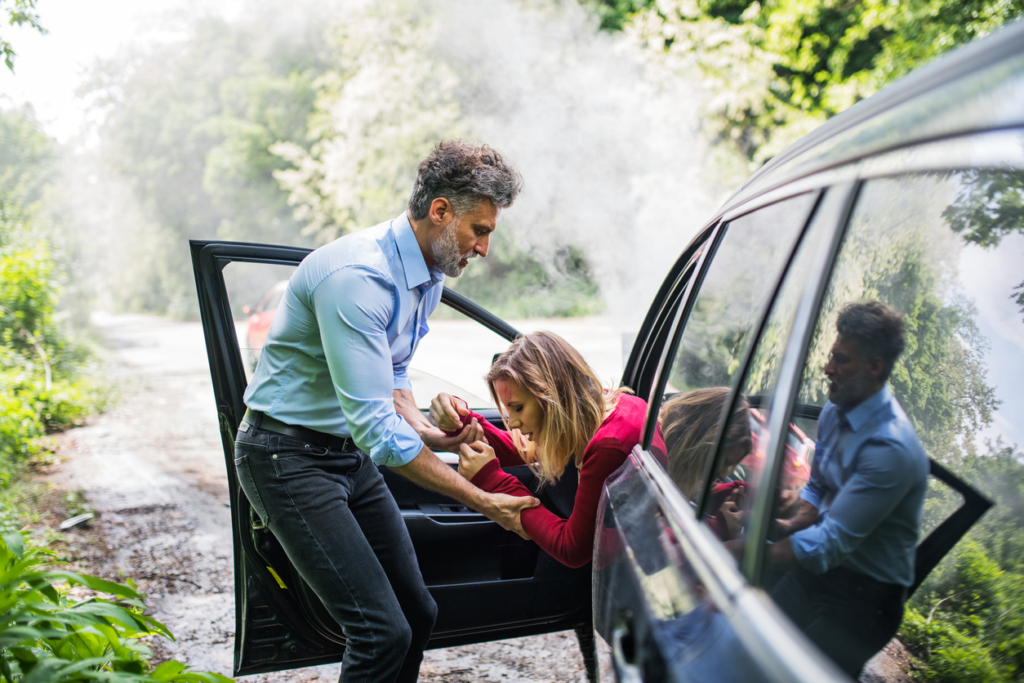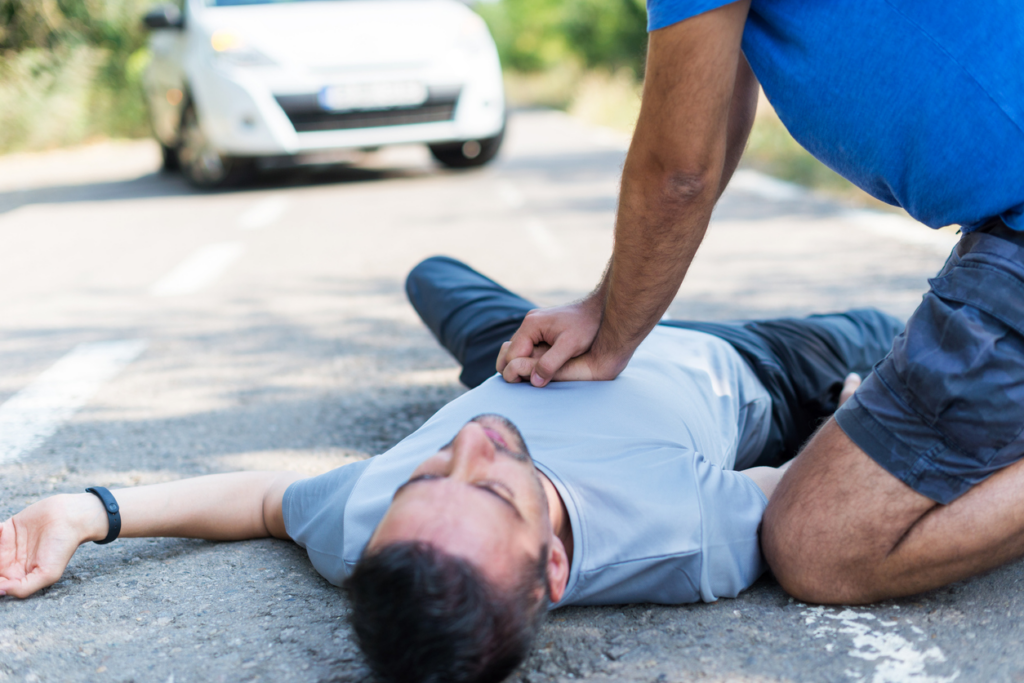 South Carolina has two laws that protect people who come to the aid of others. These are called “Good Samaritan Laws,” and they are meant to prevent civil and criminal liability when someone is helping another person. They typically apply when a Good Samaritan comes to the aid of an accident victim or reports another person’s drug overdose.
South Carolina has two laws that protect people who come to the aid of others. These are called “Good Samaritan Laws,” and they are meant to prevent civil and criminal liability when someone is helping another person. They typically apply when a Good Samaritan comes to the aid of an accident victim or reports another person’s drug overdose.
Why Are Good Samaritan Laws Important?
Good Samaritan laws encourage bystanders to help others who are experiencing emergencies. Those bystanders might not normally attempt to help, but do reach out because they will be relieved of civil and criminal liability for most negative outcomes. If the victim is injured or experiences a fatality, the Good Samaritan will not be punished.
Good Samaritan protections in drug overdose cases are good public health policy. In many cases, the person who is with the overdose victim may also be using drugs or they may be afraid to get into criminal trouble. However, South Carolina’s Good Samaritan laws allow them to get help for the overdose victim and avoid charges.
Examples of Good Samaritans in South Carolina

Another example would be if a restaurant patron is choking on food and another person performs the Heimlich maneuver. This is a violent, but lifesaving, action that can result in injuries but prevent death. If the choking victim does suffer a broken rib, they cannot likely sue the person who performed the Heimlich maneuver. The person who saved them is protected by South Carolina’s Good Samaritan law.
When Can a “Good Samaritan” Be Held Accountable?
While South Carolina’s Good Samaritan law does protect those who act to save others, it also expects those people to perform to the best of their own abilities or in a reasonable manner. Pursuant to South Carolina Code Annotated (S.C. Code Ann.) 15-1-310, a person can be held accountable for “gross negligence or willful or wanton misconduct.”
It is very rare for anyone to be held accountable for civil or criminal liabilities under the Good Samaritan laws in South Carolina. Imposition of liability would require completely unreasonable behavior from the person who is trying to help the victim.
The Good Samaritan Must Act in Good Faith
To avoid being held civilly and criminally liable for helping another person who is further injured, the Good Samaritan must “act in good faith.” That means that they have an honest belief that they are providing the best service possible, they are observing recognized standards, and there is no fraudulent intent.
That means that a Good Samaritan must try to help and not do anything purposeful to cause harm. They should not be held accountable for civil liabilities or criminal penalties if they genuinely act in good faith to help another person.
How Does the Good Samaritan Law Apply to Drug Overdoses?
South Carolina’s Good Samaritan law involving drug overdose liability (S.C. Code Ann. 44-53-1920) is a little more complex. It offers limited immunity to people who seek emergency assistance for a drug or alcohol overdose victim. The law is in response to an increase in overdoses throughout the state.
There are specific qualifications that must be met to apply the drug overdose Good Samaritan law. The person seeking help for the victim must:
- Act in good faith
- Have a reasonable belief that they are the first to report the overdose
- Provide their legal name to the 911 dispatcher or police
- Remain with the victim until help arrives
- Fully cooperate with medical personnel and law enforcement
This law does not apply to situations where the police are executing an arrest warrant, search warrant, or lawful search.
If all the above requirements are met, then the individual who called for help “may not be prosecuted” for:
- Drug possession
- Dispensing or delivering a controlled substance
- Drug paraphernalia
- Selling drugs to the person who overdosed
- Illegally possessing, consuming, buying, or attempting to buy alcohol while under 21
- Providing alcohol to someone under 21
The Good Samaritan may be arrested and prosecuted for other crimes not related to drugs and alcohol.
Attorney Venus Poe Can Help After an Accident
If you or a loved one were involved in an accident, then you should immediately contact a personal injury lawyer. Attorney Venus Poe has spent years dedicated to helping clients get the most compensation possible from everyone who should be held accountable in a case.
Call Venus Poe Attorney at Law today at (864) 963-0310 or contact us online to schedule a case consultation.
